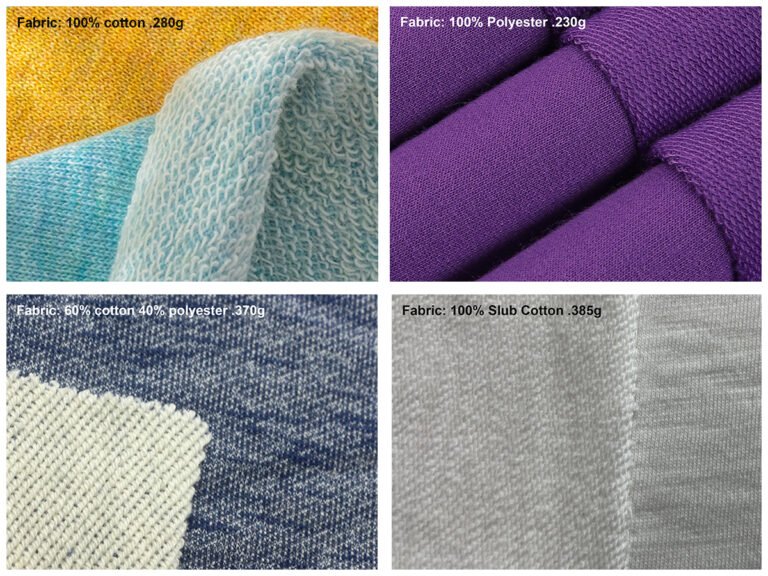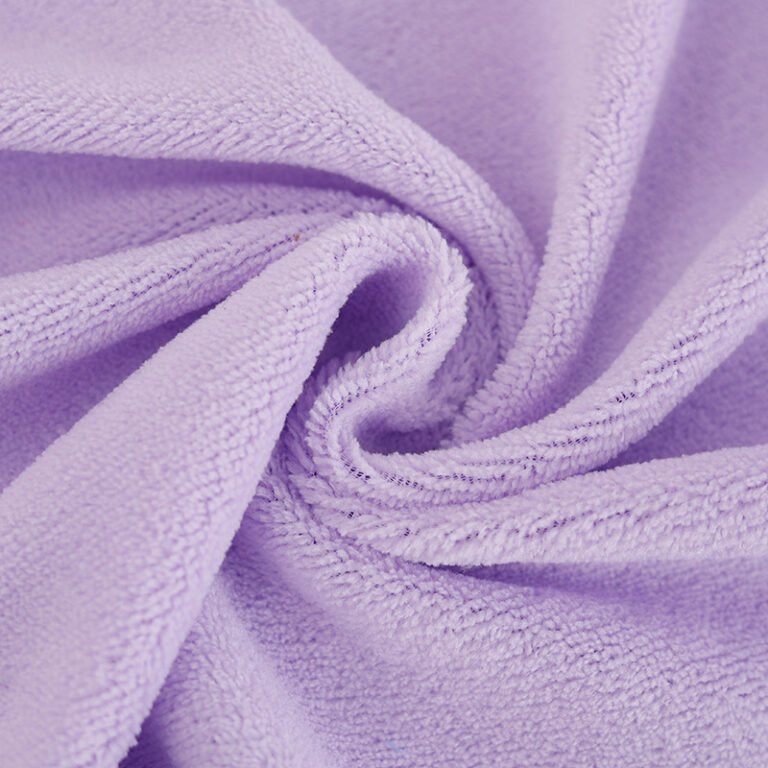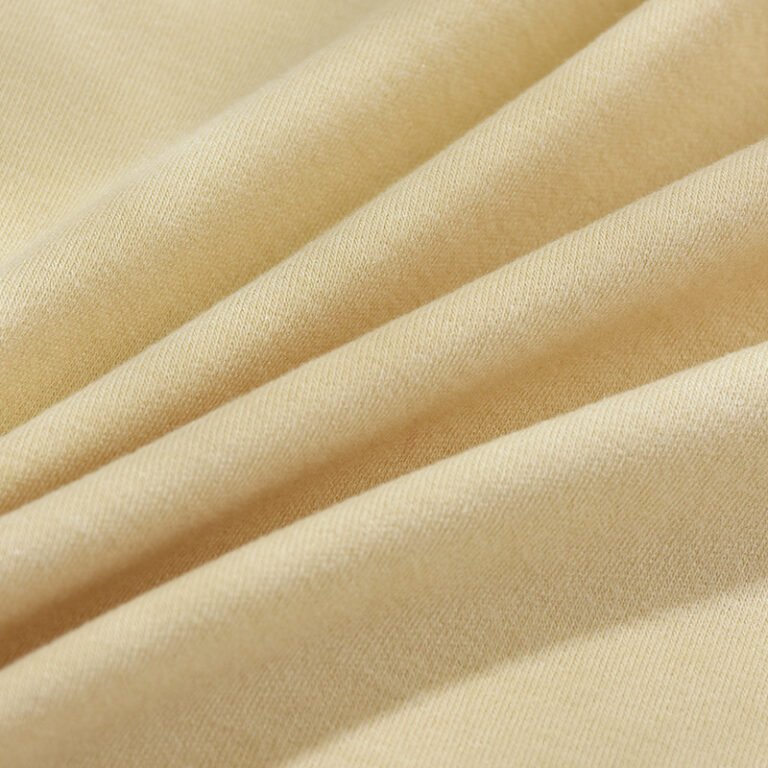Every Successful Clothing Brand From Start-Up
Flannel Fabric: Everything You Need to Know
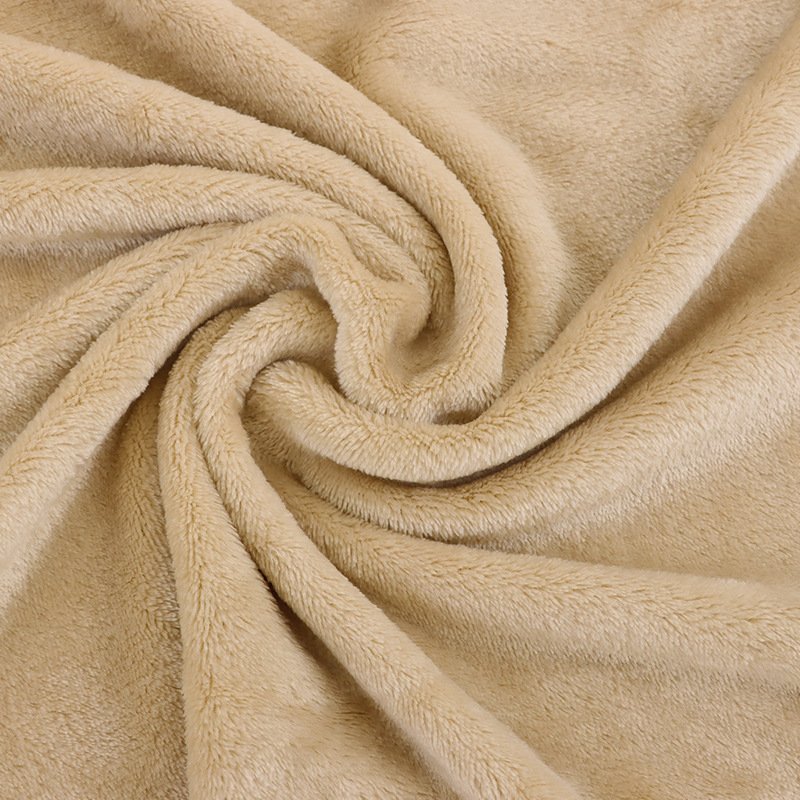
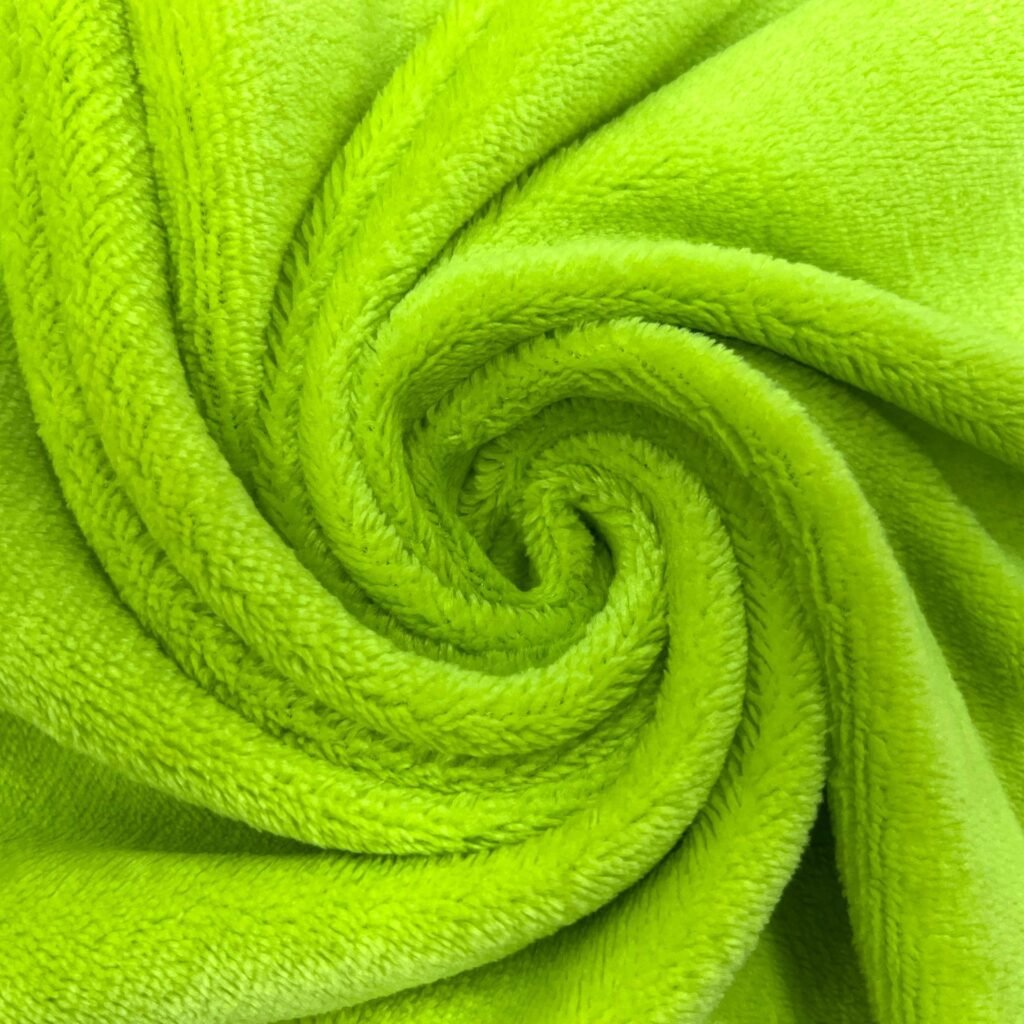
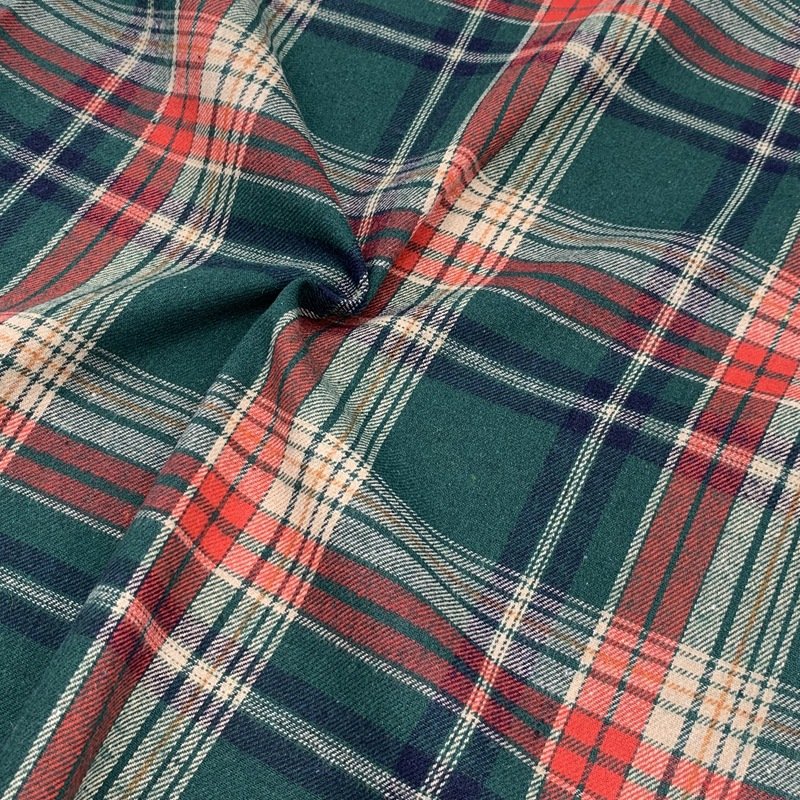
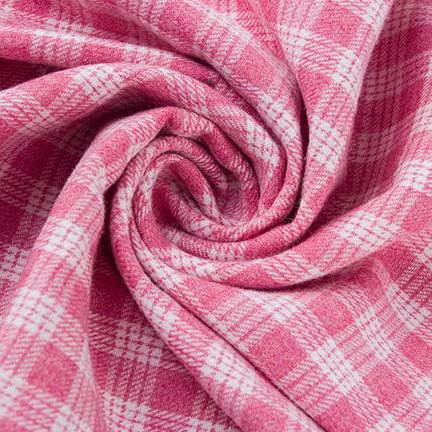
What is Flannel?
Flannel is a soft, medium-weight fabric commonly made from wool, cotton, or synthetic fibers. Originating in the 17th century in Wales, flannel was initially made from wool. Today, it is known for its warmth, softness, and versatility, making it a popular choice for various applications, especially in garments and home textiles.
Characteristics of Flannel
Flannel is renowned for several key characteristics:
- Softness: The napping process creates a plush surface that feels gentle against the skin, making it ideal for cozy clothing and bedding.
- Warmth: The loose weave and napped surface help trap heat, making flannel an excellent insulator, perfect for cold weather.
- Breathability: Despite its warmth, flannel remains breathable, allowing moisture to escape and keeping the wearer comfortable.
- Durability: Flannel is robust and long-lasting, particularly when made from high-quality materials.
Production Process of Flannel
- Base Material Production: The base material can be cotton, wool, or synthetic fibers. The choice of base material affects the final properties of the fabric.
- Yarn Spinning: The fibers are spun into yarn, similar to other textiles, but with specific considerations to enhance flannel’s softness.
- Weaving: Flannel is typically woven using a plain or twill weave. This stage is crucial for determining the fabric’s strength and texture.
- Napping: The woven fabric is brushed on one or both sides to raise fine fibers, creating the soft, fuzzy texture characteristic of flannel.
- Final Treatments: Depending on the intended use, the fabric may undergo additional treatments, such as flame-retardant coatings or dyeing.
Types of Flannel
- Wool Flannel: Traditional flannel made from wool, known for its excellent insulation and durability.
- Cotton Flannel: Popular for its softness and breathability, often used for clothing and bed linens.
- Synthetic Flannel: Made from polyester or nylon, this type is less expensive but can be less breathable and more flammable.
- Ceylon Flannel: A blend of cotton and wool, offering a balance of softness and warmth.
- Baby Flannel: Extra soft flannel, often napped on both sides, ideal for baby clothing and blankets.
- Diaper Flannel: A sturdy, absorbent type used for making reusable diapers.
- Vegetable Flannel: Historically made from cellulose fibers, less common today.
- Flannelette: A lighter, coarser variation, often made from cotton or synthetic fibers.
Advantages of Flannel
- Good Elasticity: Flannel’s knit structure provides excellent elasticity, making it resistant to deformation.
- Warm and Comfortable: The dense, fluffy fibers offer superior warmth and softness, ideal for winter wear.
- High Knitting Versatility: Flannel can be knitted into various patterns and easily dyed in vibrant colors.
- Resistant to Cold, Flame, and Static: Flannel offers high safety with its cold resistance, flame retardance, and anti-static properties.
- Machine Washable: The fabric is durable and maintains its quality after washing, making it convenient for machine washing.
Disadvantages of Flannel
- Prone to Dust: The large, fuzzy fibers can attract dust, making it less suitable for individuals with respiratory sensitivities.
- Allergy Risk: Some people may experience allergic reactions to the fibers, especially if they are of low quality.
- Higher Cost: The complex production and processing result in higher manufacturing costs and retail prices.
Applications of Flannel
Flannel is incredibly versatile and used in a wide range of applications, including:
- Cold-Weather Clothing: Ideal for shirts, jackets, and pants due to its warmth and softness.
- Home Textiles: Popular for bed sheets, blankets, and quilts because of its cozy feel.
- Accessories: Used for items like scarves, gloves, and hats.
- Children’s Products: Its softness makes it suitable for baby clothing and blankets.
- Outerwear and Jackets: Flannel can be used as an inner lining for additional warmth in coats and jackets.
Conclusion
Flannel is a versatile and practical fabric that offers warmth, comfort, and durability. Understanding its characteristics, types, and uses can help consumers and designers make informed decisions. If you’re looking to find the perfect fabric for your clothing line or want expert recommendations on what fabric best suits your needs, Yuanyi Apparel is here to help. Contact us to learn more about our fabric offerings and how we can assist you in designing high-quality, comfortable, and stylish clothing.

